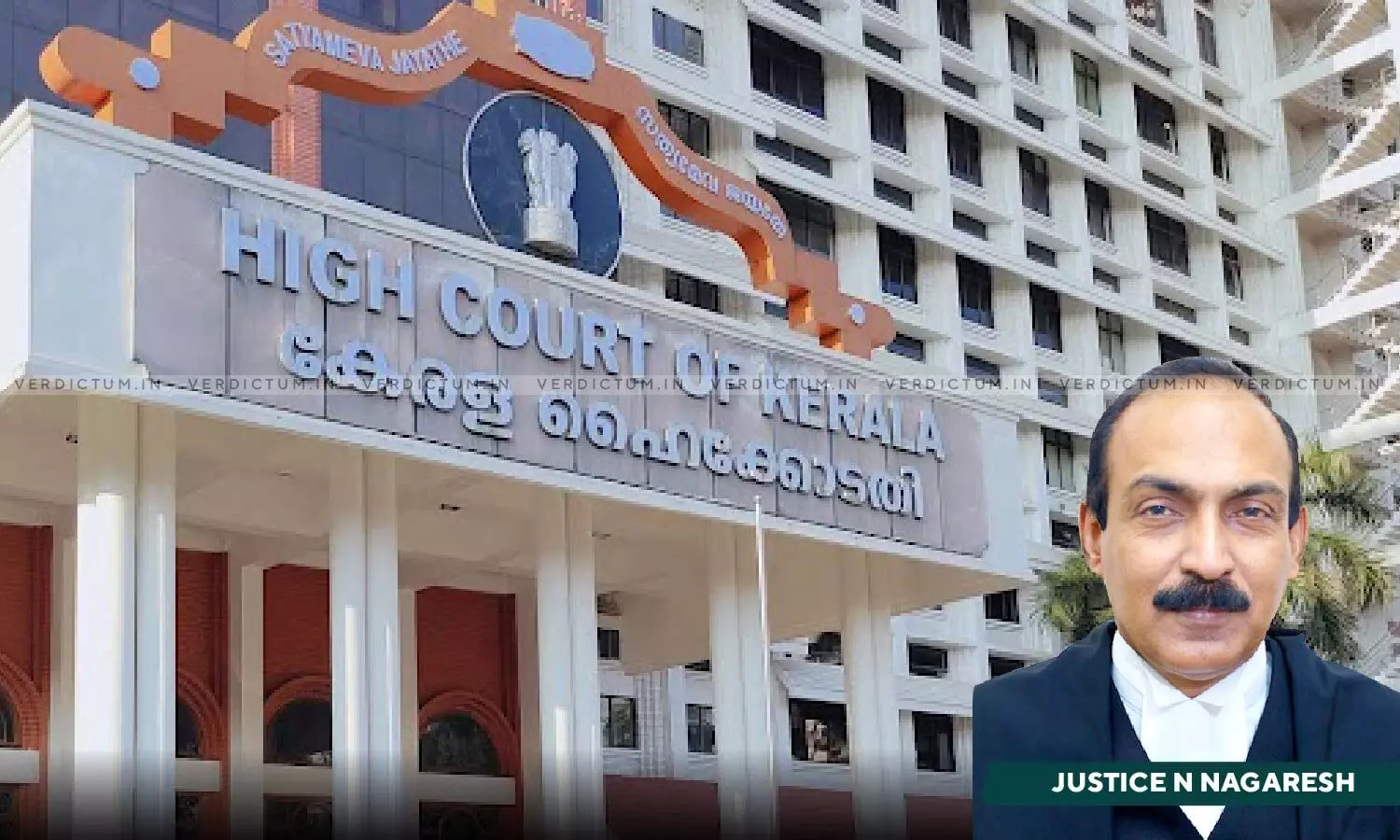
Non-Availability Of Alternate Land Is No Longer A Condition For Grant Of Permission To Convert Paddy Land For Public Purposes: Kerala HC
 |
|While considering a petition seeking direction to the first respondent (Kerala Govt.) to grant exemption as sought for by the petitioner under Section 10 of the Kerala Conservation of Paddy Land and Wetland Act, 2008 in the light of the report of the State Level Committee, the Kerala High Court directed the State Government to pass an order granting permission for temporary conversion of land as recommended, after considering the public interest involved in the project and the urgency warranted in completing the Project within the stipulated time.
At the same time, the High Court noted that Section 10(2) of the Kerala Conservation of Paddy Land and Wetland Act, 2008 has been amended as per Act 29 of 2018, whereby, non-availability of alternate land is no more a condition or requirement for grant of permission to convert paddy land for public purpose.
A Single Judge Bench of Justice N. Nagaresh observed that “The application for permission to temporarily convert paddy land for a public purpose, has been made by the petitioner as per the provisions of the Act, 2008 and hence it cannot be said that the temporary arrangement for construction activity in question is not made as per extant laws. The conclusion in Ext.P8 that there is no legal provision for temporary conversion of paddy land also is unsustainable in view of Section 10 of the Act, 2008 which will take within its ambit temporary conversion also for public purpose”.
The Bench further observed that allegation of the government that grant of permission for such conversions would set a wrong precedent resulting in large scale conversion of paddy land and wetland, is only an apprehension and is not a convincing reason, since such permissions can be granted only by the Government and that too based on recommendation of an expert high level body like the State Level Committee.
Advocate P. Deepak appeared for the Petitioner, whereas Advocate K.M Firoz appeared for the Respondent.
The brief facts of the case were that the National Highway Authority of India (NHAI) accepted the bid of the petitioner for the work of development, maintenance, and management of “Six-laning of Thurvavoor-Paravoor Section of New NH-66 (Old NH-47) in the State of Kerala on EPC mode under Bharatmala Pariyojana” and issued letter of acceptance in Nov, 2021. For facilitating the said work relating to National Highway, the petitioner identified some portion of land for establishing a Base Camp and an MOU was executed with each of the land owners. Out of the 66,000 square metres of land, 55,341 square metres were included in the Data Bank prepared under the Kerala Conservation of Paddy Land and Wetland Act, 2008. Therefore, the petitioner sought permission from the District Collector to reclaim the land for public purpose since there was no suitable and sufficient land available in the vicinity of the Project Area. The District Collector informed that the proposal has been duly recommended and forwarded to the Government for according permission. In the meanwhile, the petitioner applied in Form-2 under Rule 5 of the Kerala Conservation of Paddy Land and Wetland Rules, 2008 to the Convenor of the LLMC, where it was unanimously resolved to recommend the application for conversion considering the fact that the construction of the Base Camp is temporary in nature and the project work has to be executed within 910 days. It also ordered that immediately after the completion of the project work, the land shall be restored to its original state. Later, to the surprise of the petitioner, the Government rejected the application for conversion, stating that grant of such temporary exemption would create a bad precedent, and also pointed that on an earlier occasion, a Stop Memo was issued against illegal reclamation of the said paddy land and grant of permission would lead to flooding and would adversely affect paddy cultivation.
After considering the submission, the Bench highlighted that the effect of conversion or reclamation on the ‘ecological conditions in the area’ is not a relevant factor under the amended provisions.
However, while doing away with the ecological factor, the Bench stated that the Act retained provision for protection of paddy cultivation in the adjoining paddy lands and mandated water conservancy measures where exemption granted is for more than 20.2 Ares of paddy land / wetland.
“It is obvious that the amendment is intended to strike a balance between protection of paddy cultivation and wetlands on the one side and public purposes including public infrastructure development on the other”, added the Bench.
The Bench went on to observe that conversion of paddy land for public purpose is permissible under law, and if such conversion is resorted to after obtaining exemption under Section 10 of the Act, 2008, there cannot be any objection.
Furthermore, the Bench clarified that there is nothing in the Act, 2008 or in the Rules made thereunder which restrain the paddy land owners from leasing their land.
Similarly, “the fact that Stop Memos were issued earlier against illegal conversion of the same paddy land by itself cannot be a reason to deny exemption for a public purpose”, added the Bench.
Therefore, finding that the reports submitted by the Village Officer, LLMC, District Collector and the State Level Committee do not indicate any waterlogging issue or adverse effect on paddy cultivation in the nearby areas, the High Court set aside the order passed by the State Government.
Cause Title: K.C.C BUILDCON PRIVATE LIMITED v. GOVERNMENT OF KERALA and Ors. [Neutral Citation: 2023/KER/59316]
Click here to read/ download the Judgment